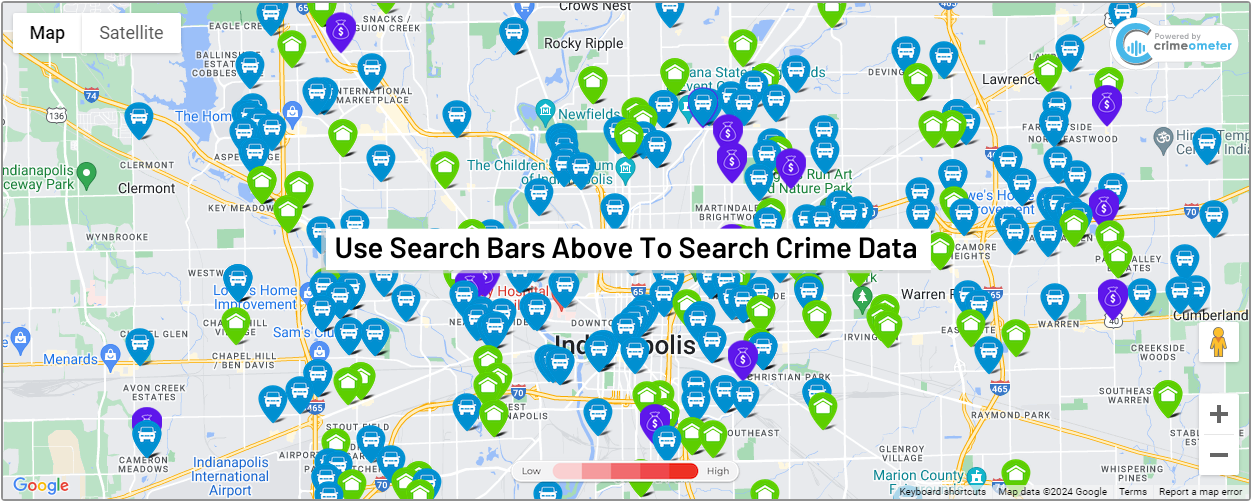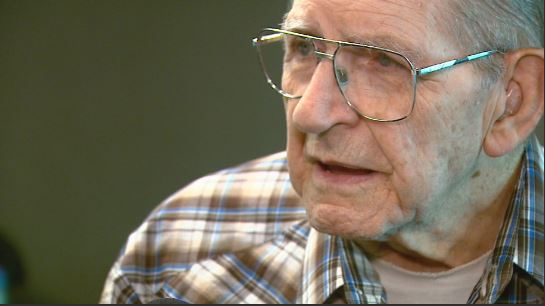Lottery scams targeting senior citizens
INDIANAPOLIS (WISH) — Last year, a half million Americans and Canadians lost nearly $120 million to scammers. According to the Better Business Bureau, that number could be higher, due to under reporting. The BBB conducted a study to try and put a dent in the problem.
When he received letters that looked official in his mailbox, with guaranteed large cash prizes, 91-year-old Vernon Smalling thought he’d struck it rich.
“That sounds good. Big amount of money. I could share that with relatives and charities. So I thought, I’ll go for it,” said Smalling.
The crooks promised Smalling more than $2.5 million. Of course it came with a qualifier; send money to cover fees. Smalling had never heard of this type of scam. He wired $15,000-20,000 to Jamaica to claim his fortune.
“I was going to wire some more, so they’d bring me the big prize. They knew what was going on, so they stopped it,” Smalling said.
Smalling had been scammed. And he’s not alone. That’s why the BBB released a nationwide study called, “Sweepstakes, Lottery and Prize Scams; A Better Business Bureau study of how “winners” lose millions through an evolving fraud.”
“It is calling attention to the widespread scams that are happening with sweepstakes and lotteries. People are losing millions of dollars in this, and this is particularly important to the elderly because that’s who is being targeted,” said BBB President and CEO Tim Maniscalo.
The scams primarily originate from Jamaica, Maniscalo said and come in the form of mail, a phone call, text or online. One thing they have in common: the scammers always ask victims to send money, typically to cover fees, in order to collect their winnings.
“If they get you to pay a fee, then they’ll kind of string you along and say, ‘Gee, now there’s an additional fee.’ They’ll keep stringing you along, stringing you along, until you send money,” said Maniscalo.
It’s a lesson Smalling learned thousands of dollars too late.
“I lost some of it, but I got some information that I wanted to get. I learned something and now I want to stop it,” Smalling said.
Smalling says he helped authorities track down one suspect. But it’s rare. According to Maniscalo, these cases are tough to prosecute because the scammers are typically in foreign countries and the United States would need cooperation with foreign officials.





